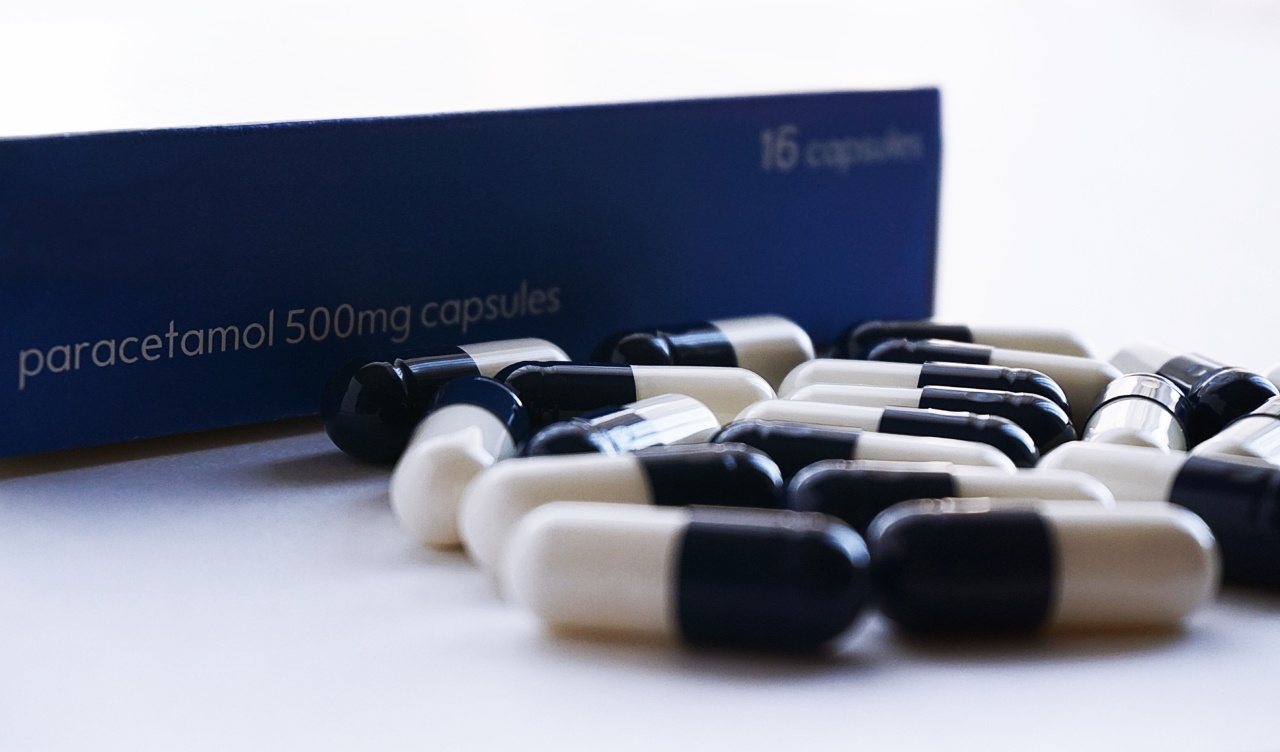Osteoarthritis (OA) is a type of degenerative joint disease, affecting about 27 million Americans. It occurs when the cartilage that cushions the bones in the joint wears down, causing pain, stiffness, and inflammation.
While there is no known cure for OA, there are various treatment options that can help alleviate symptoms and improve joint function. One of these options is vitamin K supplementation, which has shown promising results in relieving knee pain caused by osteoarthritis.
What is Vitamin K?
Vitamin K is a fat-soluble nutrient that is known for its crucial role in blood clotting. It comes in two forms: vitamin K1 and vitamin K2.
Vitamin K1 is found in leafy greens such as kale, spinach, and broccoli, while vitamin K2 is produced by bacteria in the gut and can also be found in animal-based foods like meat, eggs, and dairy products.
Vitamin K and Osteoarthritis
Research has shown that vitamin K may have a beneficial effect on OA symptoms, particularly knee pain.
A study conducted at Tufts Medical Center found that participants who had higher levels of vitamin K in their diet experienced less knee pain and had a slower progression of OA compared to those with lower levels of vitamin K intake.
How Does Vitamin K Help?
Vitamin K is known for its role in keeping bones healthy and strong. It works by activating proteins that regulate calcium, a mineral that is essential for bone health.
When calcium is not properly regulated, it can build up in the joint tissues and contribute to OA development. Vitamin K helps to prevent this by activating proteins that bind calcium and preventing it from accumulating in the joint tissues.
Other Benefits of Vitamin K
In addition to its potential benefits for osteoarthritis, vitamin K has been linked to various other health benefits. These include:.
- Reduced risk of heart disease
- Improved cognitive function
- Better insulin sensitivity
- Lower risk of cancer
Food Sources of Vitamin K
If you’re looking to increase your intake of vitamin K, there are plenty of food options to choose from. Some of the top food sources of vitamin K include:.
- Kale
- Spinach
- Broccoli
- Brussels sprouts
- Green beans
- Asparagus
- Prunes
- Blueberries
- Meat
- Eggs
Vitamin K Supplements
In addition to getting vitamin K from food sources, it is also available in supplement form. Vitamin K supplements come in two forms: vitamin K1 (phylloquinone) and vitamin K2 (menaquinone).
It’s important to talk to your healthcare provider before starting any new supplements, as they can interact with medications and other health conditions.
Conclusion
Vitamin K is a nutrient that may have a beneficial effect on knee pain associated with osteoarthritis.
By helping to regulate calcium and prevent its build-up in the joint tissues, vitamin K may slow the progression of OA and reduce pain and inflammation. While vitamin K is available in supplement form, it’s recommended to increase your intake through food sources first.






























